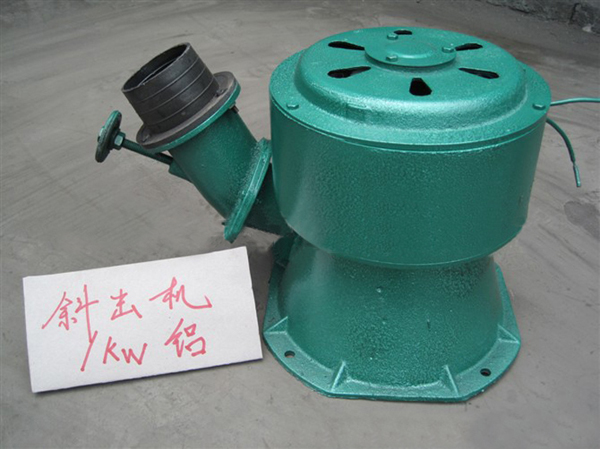Steps to Build Your Own Hydroelectric Generator
First of all a dam uses a large concrete structure which holds back a river and forms a holding basin or lake. Deep below the waters surface are inlets or pipes which are redirected towards fins of the turbines. The water flows through these pipes at very high pressure which turns the electric producing turbines. Speed is controlled by adjusting the fins either slowing down the turbines or speeding them up, depending on the electrical demand at the time. This principle can be applied to a home application where you would divert the water to a dc motor with paddle wheel type fins on it. You could either make your own small dam provided you own the land or if you live on a free flowing waterway make a through way to your motor.
Next, let us look at what would be best for your motor and storage system. The only difference between a hydroelectric dam would be energy storage. Since dams are producing ac electrical energy by a constant rotation of a turbine the energy is available at that time and date where if you are generating energy using a dc permanent magnet motor at say 12 or 24 volts the you need to store that energy in batteries and convert it to 120 volts ac.
You definitely want a low rpm motor around 400 rpm for peak voltage output at around 14-18 volts which will enable batteries to be charged. If you need to speed up the motor then it would be advisable to use some sort of pulley system with a drive ratio equal to the water flow speed. One thing about your water drive system, it will be better regulated for a more constant speed than a wind turbine that varies with wind speed.
As you can see using the same principles of large dams on a smaller scale can be very effective for generating your own electricity. To build your own hydroelectric generator you must do some research before hand. You can find many different websites about dams and how they are designed. Producing your own electricity can be hazardous if you do not know what you are doing. Always seek professional help and follow safety guidelines.




